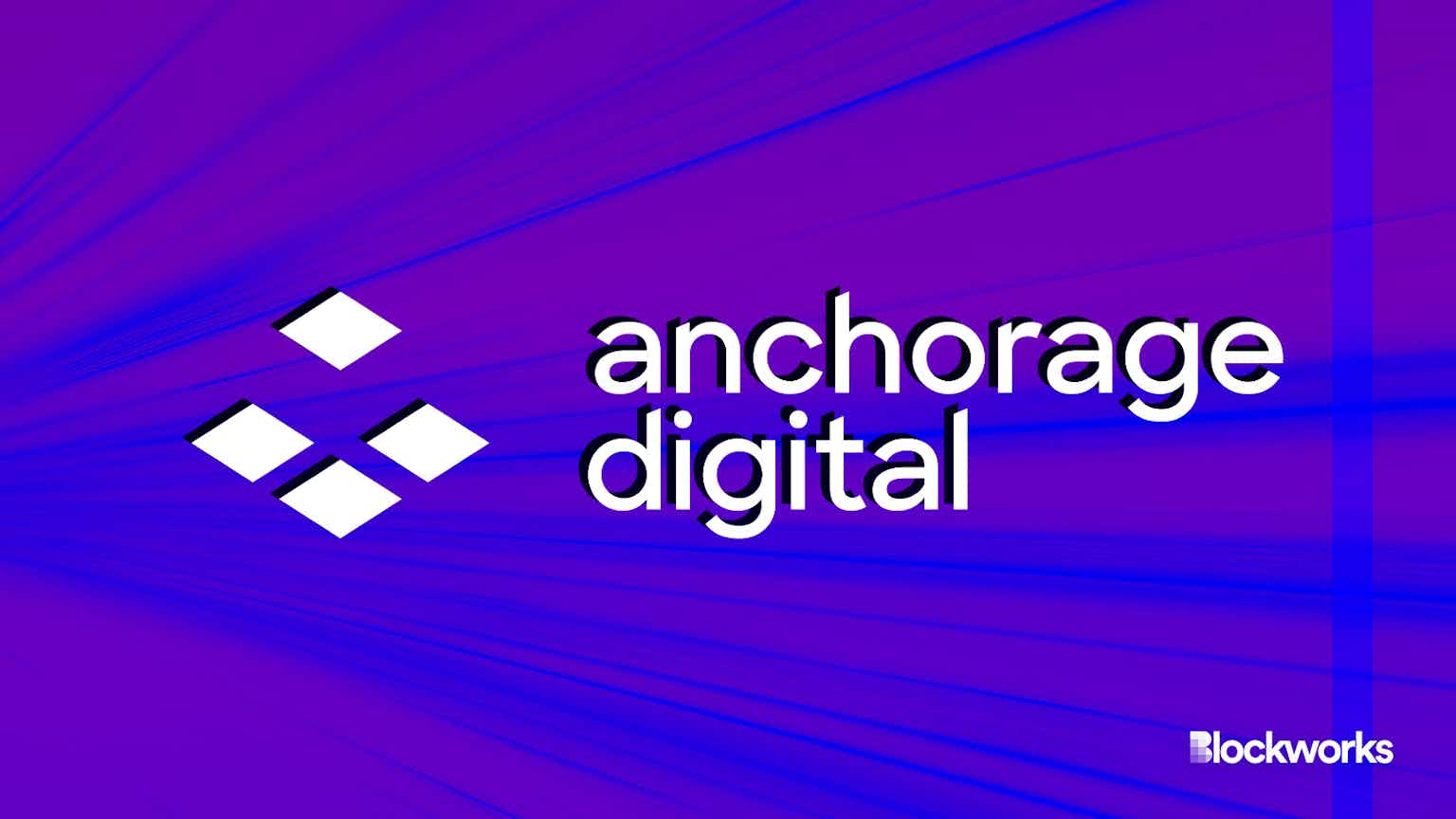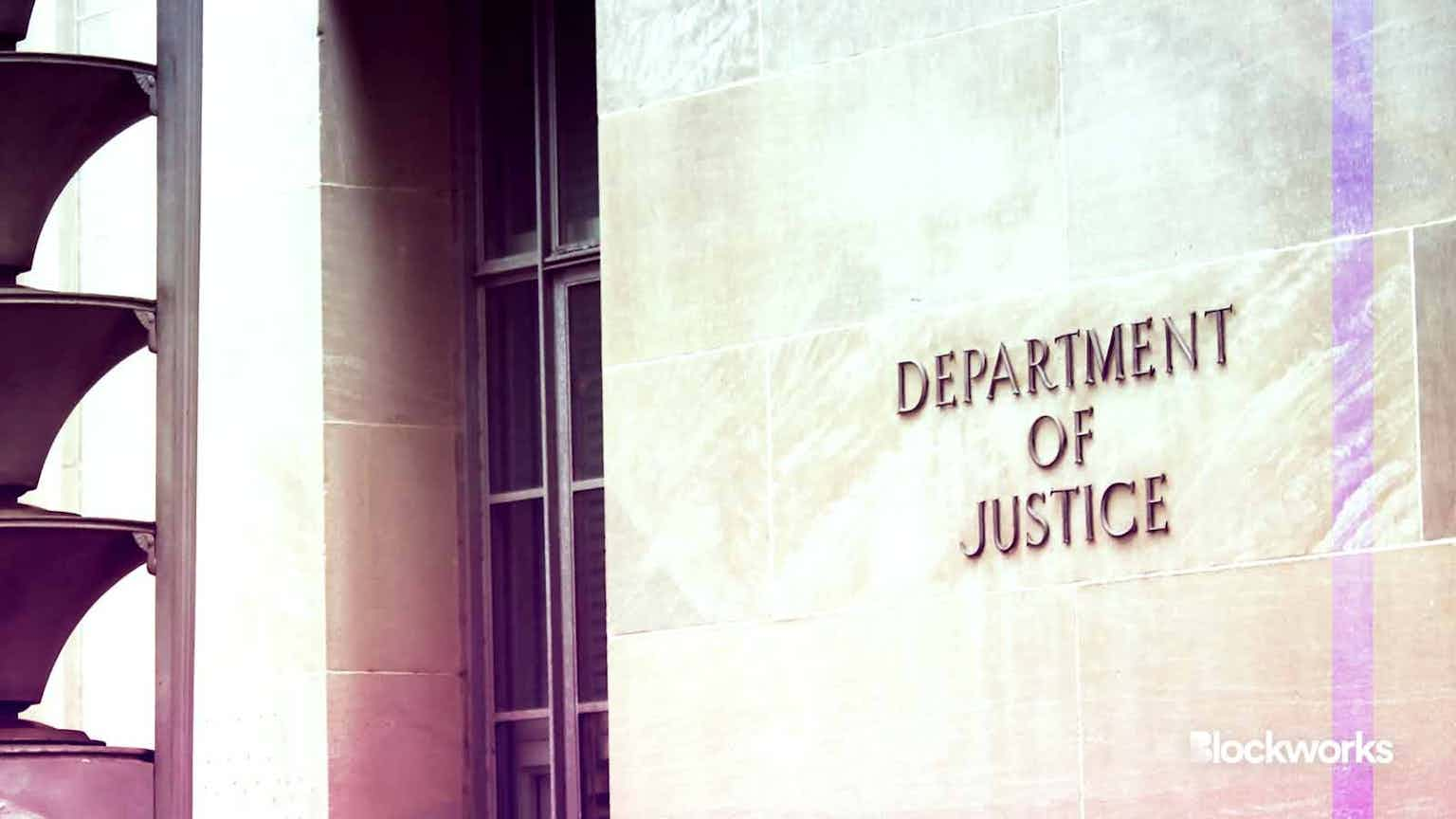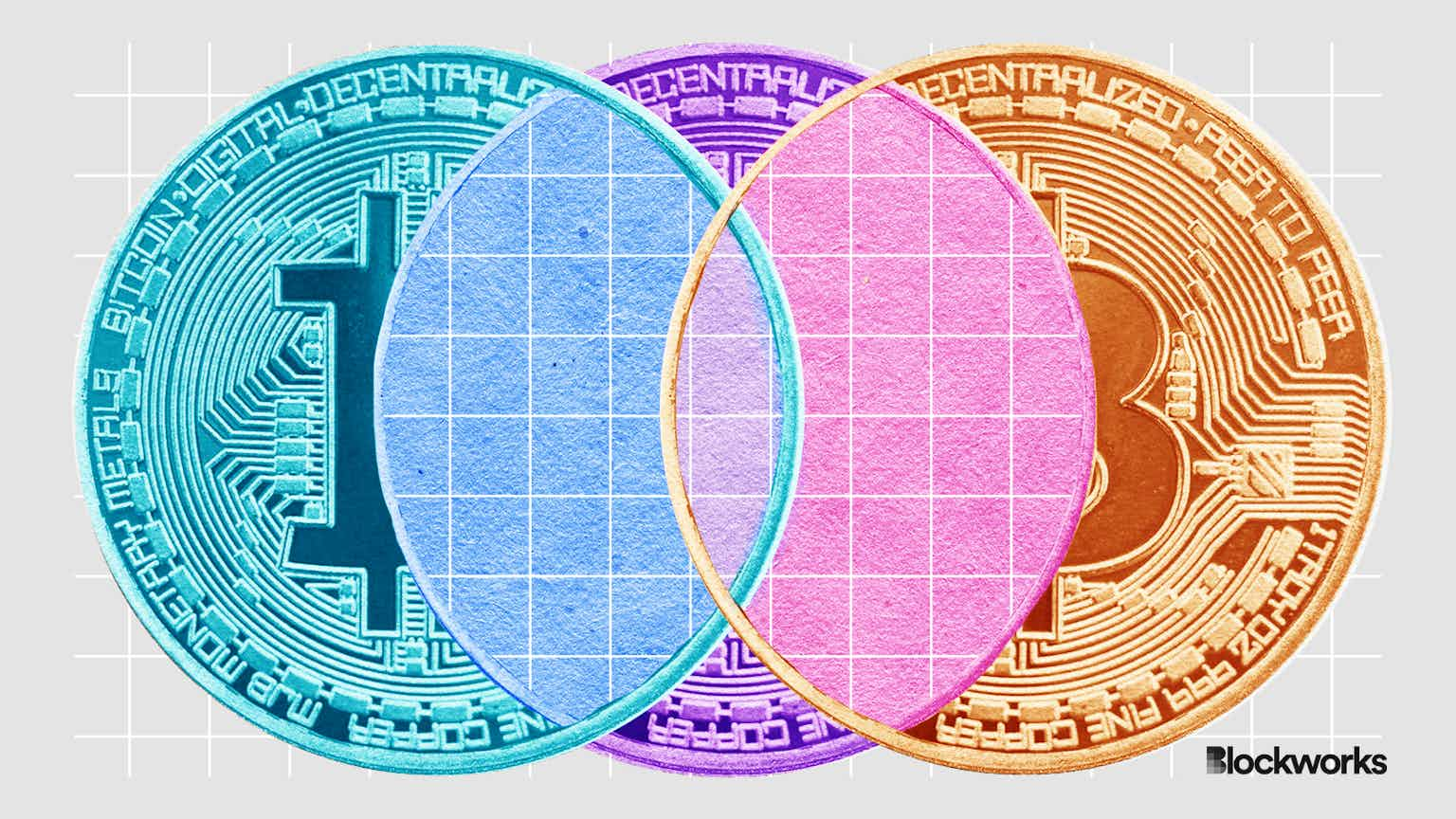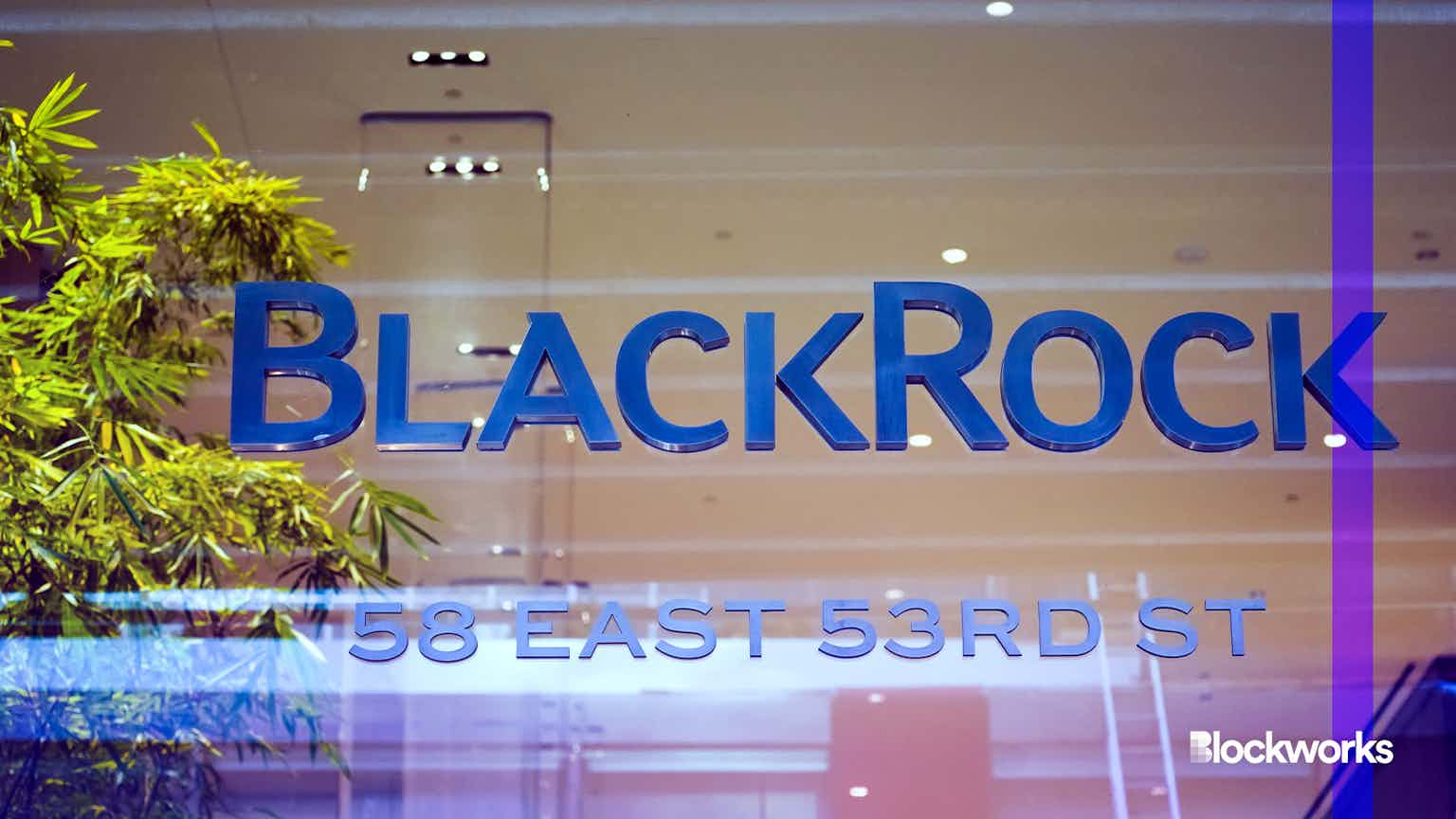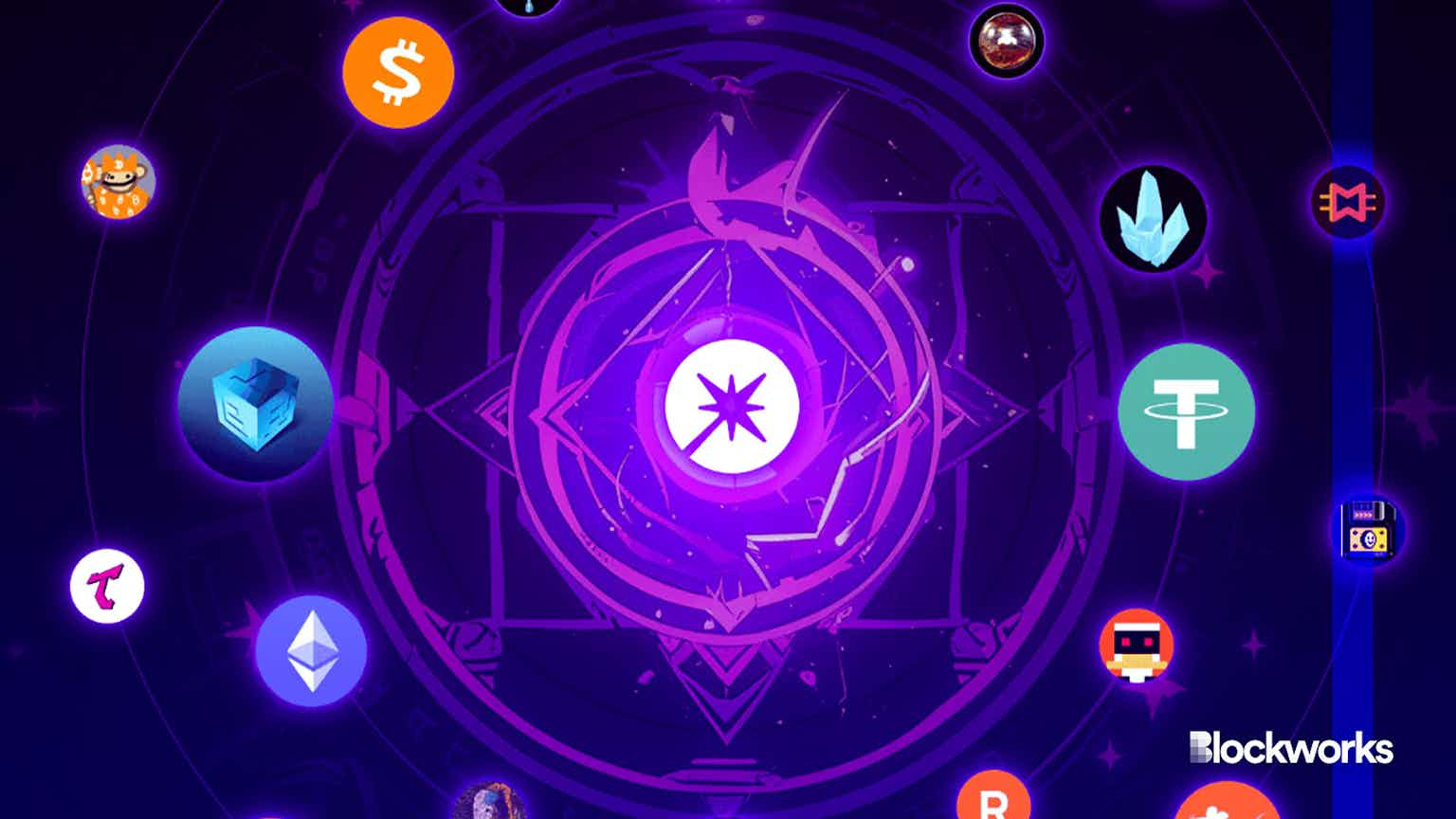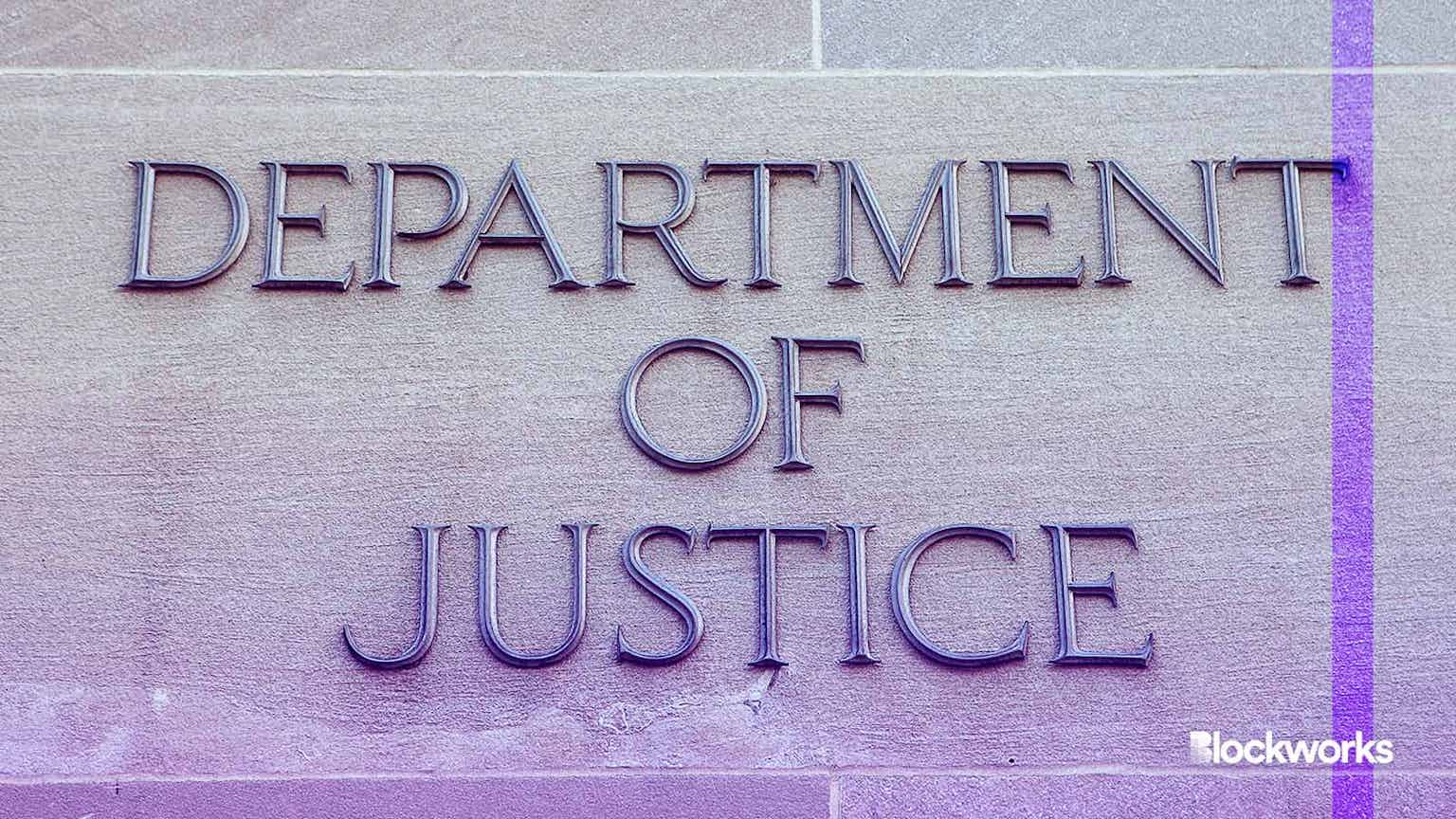Mark Cuban: Bitcoin is America 2.0
The way Americans make money is changing, and it starts with blockchain, billionaire entrepreneur Mark Cuban said in a recent interview with RealVision founder and CEO Raoul Pal. “This is America 2.0, this is money 2.0,” said Cuban. “I don’t mean […]
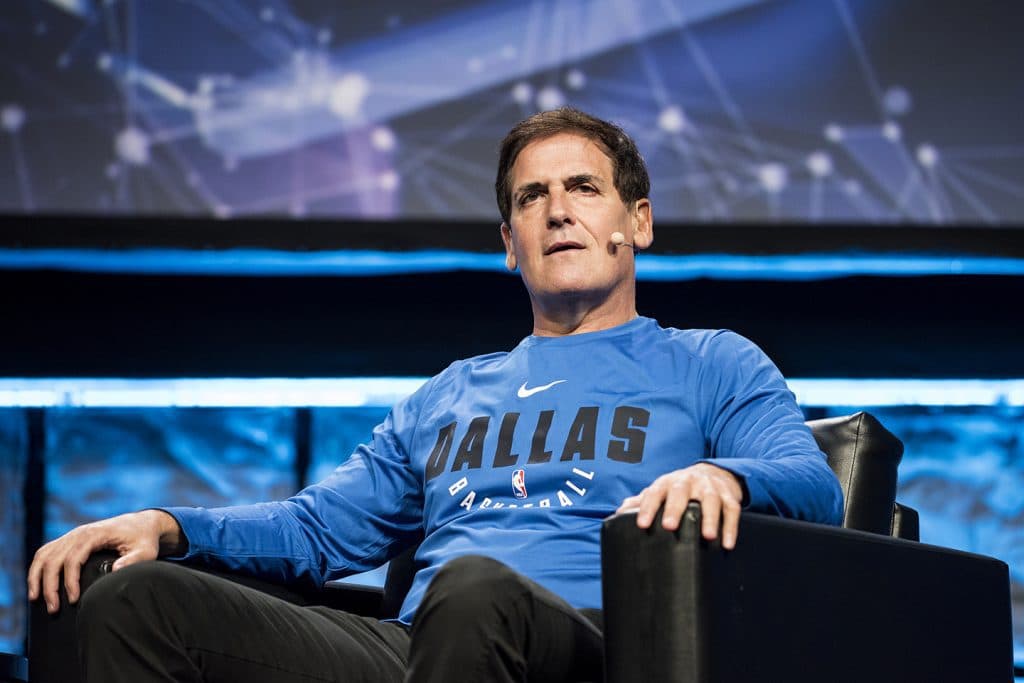
Mark Cuban
key takeaways
- Tech billionaire Mark Cuban believes blockchain technology will revolutionize money
- Cuban said Robinhood problems would be solved with a DeFi structure
The way Americans make money is changing, and it starts with blockchain, billionaire entrepreneur Mark Cuban said in a recent interview with RealVision founder and CEO Raoul Pal.
“This is America 2.0, this is money 2.0,” said Cuban. “I don’t mean currency money, I mean being able to earn money via digital, it has all changed. The only thing we don’t know is who will be the ‘Amazon’ and who will be the ‘pets.com.’”
The “Shark Tank” investor and Dallas Mavericks owner claimed the Federal Reserve is driving the current bubble with low interest rates.
In the dot-com bubble days, where interest rates were four percent to five percent, Americans could make risk-free returns through their savings accounts. Today, the near-zero interest rates are fueling retail trading. Investors are looking to disrupt Wall Street, as demonstrated with the reddit-induced frenzy, Cuban said.
“It’s not investing and it’s almost not even trading, it’s more like revenge,” said Cuban. “You can see this group of little guys investing really turning it into something that has a powerful impact.”
Decentralized finance protocols offer a solution to the problems we saw play out with Robinhood, Cuban said. DeFi platforms over-collateralize, as opposed to Robinhood, which uses margining. Over-collateralization in cryptocurrencies means that borrowers must have $200 worth of digital assets in order to borrow $100, Cuban said.
“People in the DeFi world expect to over-collateralize and people in the traditional stock world expect to margin,” said Cuban. “If Robinhood had been in a position where they understood that the people that were making these buys and sales, if you required over collateralization, they probably would have done it and it would have been okay.”
The Gamestock story highlights a fundamental shift in the legacy financial world, Pal said.
“This is clearly a move towards blockchain at every level, from custody to clearing to derivatives, because this whole thing’s a mess,” said Pal. “We’ve known since Lehman went that under it needs to be cleaned up.”
